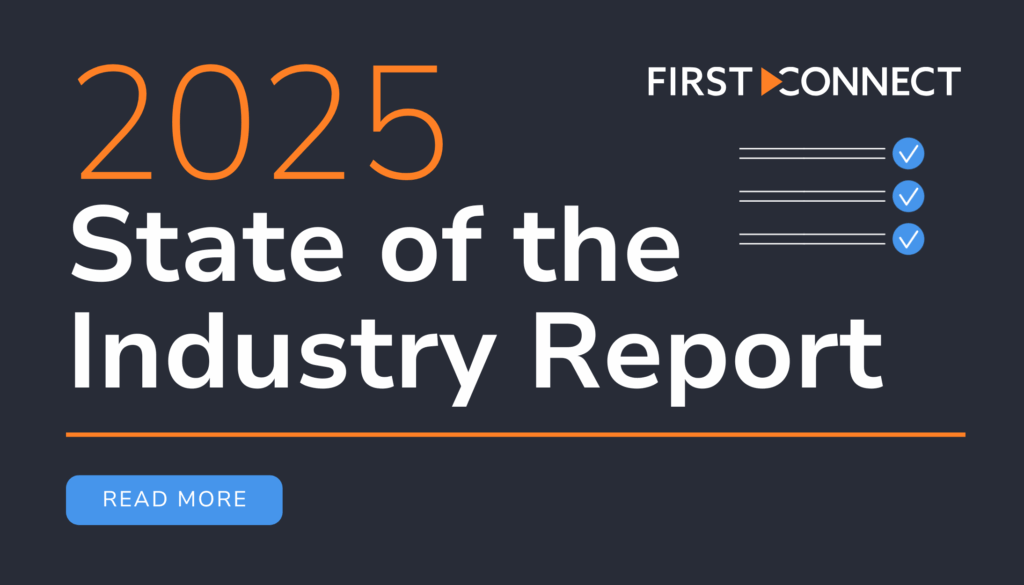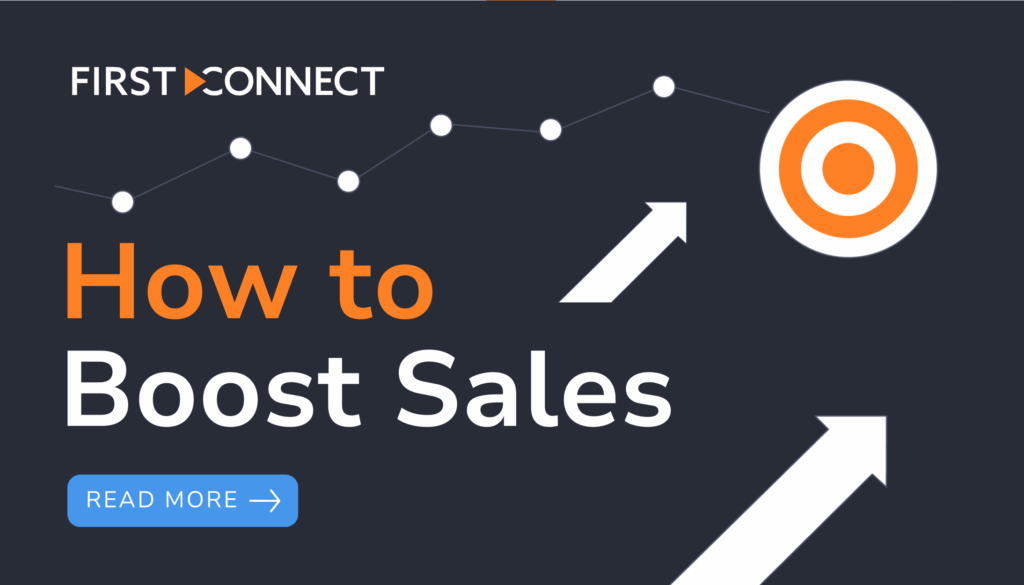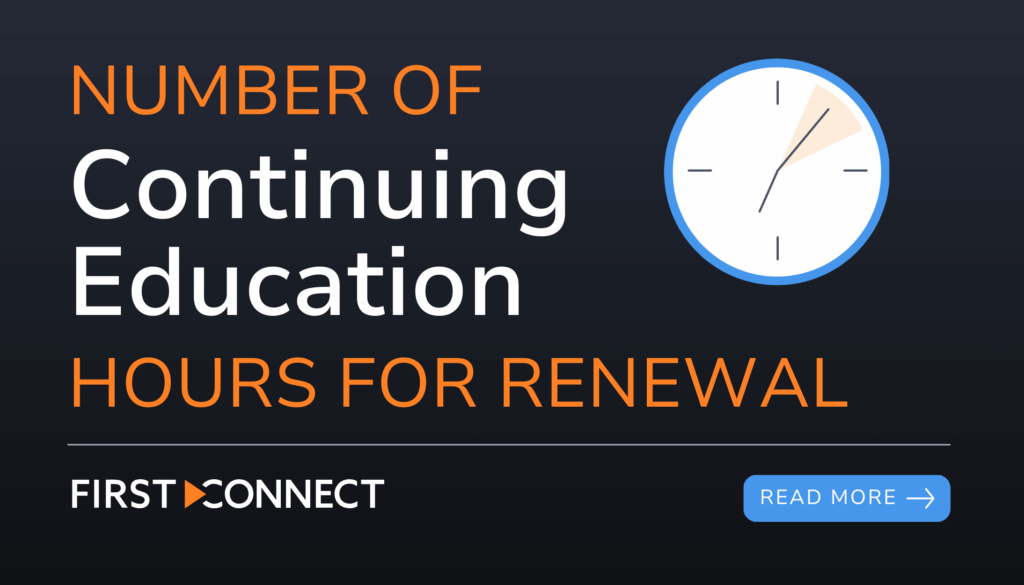Starting an Insurance Agency: Everything You Need to Know
Starting an independent insurance agency is both an exciting opportunity and a complex challenge. It offers the freedom to build a business on your own terms, create long-term income, and serve clients with policies that truly fit their needs.
However, behind the scenes, it requires navigating strict regulations, securing appointments with multiple carriers, and managing operational demands.
If you’re an independent agent facing various challenges like regulatory hurdles and accessing multiple carriers, First Connect Insurance can help. We help connect agents with top carriers and give you the tools to grow faster and smarter.
Whether you’re transitioning from a captive agency, leaving a corporate job, or starting fresh, understanding the regulatory environment, carrier access, and the tools needed for efficient operations is critical.
So, how to open an insurance agency? This article will walk you through everything you need to know – from planning and licensing to building a strong carrier network and more.
- Start with a solid business plan and market research: Before you sell a single policy, map out your goals, target audience, marketing strategy, and finances. Knowing your competition and local customer needs will guide every decision you make.
- Licensing and compliance are non-negotiable: You’ll need the right personal and agency licenses, E&O insurance, and business registration. Each state has its own rules, so staying compliant is essential to avoid costly setbacks.
- A strong carrier network is a must: Partnering with multiple insurance carriers lets you offer more choices to clients and stay competitive. Platforms like First Connect Insurance can help new agencies get access to top-rated carriers quickly.
- Leverage technology to work smarter, not harder: Tools like agency management systems, CRMs, comparative raters, and e-signature platforms can streamline operations, reduce manual tasks, and give clients a better experience.
- Growth takes patience, strategy, and retention focus: Building a profitable agency usually takes 18–24 months. Long-term success comes from keeping clients happy, scaling operations wisely, and staying adaptable as the industry changes.
Independent Agents!
Accelerate Your Agency’s Success
Step-by-Step Guide to Starting an Independent Insurance Agency
Starting a successful insurance agency is no easy feat – it requires careful planning, regulatory know-how, solid partnerships, and smart use of technology.
To help you begin, here’s your step-by-step guide on how to start an independent insurance agency:
Business Planning and Market Research
Before you register your business or start selling policies, you need a clear roadmap. And that’s where your business plan comes in.
A business plan helps you organize your goals, operations, marketing strategy, and financials. It also becomes critical if you seek funding from banks or investors.
Here’s what to include:
- Executive Summary – A high-level overview of your agency.
- Mission and Vision – What you stand for and where you want to go.
- Services Offered – Types of insurance (e.g., home, auto, life, commercial).
- Target Market – Who your customers are (e.g., individuals, small businesses).
- Marketing Plan – How you’ll attract and retain clients.
- Financial Projections – Startup costs, revenue forecasts, and break-even analysis.
- Operational Plan – How your agency will run day-to-day.
Understanding Market Needs and Competition
Knowing your local market inside out helps you offer the right policies at the right prices. Do the following:
- Conduct a SWOT analysis (Strengths, Weaknesses, Opportunities, Threats).
- Study competitors – What are other agencies in your area doing? What markets are they missing?
- Identify customer needs – Are customers price-sensitive? Do they want bilingual service? Digital convenience?
Tools such as Google Trends, Census.gov, and local Chamber of Commerce reports can help you gather valuable insights.
Navigating Regulatory Requirements
The insurance industry is highly regulated, and every state has different rules. This step ensures you’re legally allowed to operate.
Here’s a brief overview of what you’ll need:
- Get Your Personal Insurance License: You must be licensed in each line of insurance you plan to sell (such as property & casualty, life & health). Take a pre-licensing course and pass your state’s exam.
- Form Your Business Entity: Choose a business structure – LLC, S Corp, or sole proprietorship. Register with your state’s Secretary of State.
- Obtain a Tax ID Number (EIN): Apply online at IRS.gov to get an Employer Identification Number, which you’ll need for taxes and opening a business bank account.
- Apply for a Business License: Some cities or counties require a local business license.
- Secure E&O Insurance: Errors & Omissions (E&O) insurance protects your agency from legal claims. Most carriers require it.
- Get an Agency License: In addition to your personal license, some states require you to license the agency itself.
Pro Tip: Use a flowchart to visualize each step – from entity formation, EIN, business registration, licensing exams, carrier appointments, to compliance maintenance – for clarity and planning.
Building a Carrier Network
You can’t sell insurance without partnering with carriers (insurance companies). These partnerships allow you to quote and bind policies for your clients.
Wondering how to establish carrier relationships? Most insurance carriers will require:
- A business plan
- Proof of E&O insurance
- A clean background and license history
- Production goals or minimums
Some agencies go direct, while others work with aggregators, MGAs (Managing General Agents), or clusters that offer access to multiple carriers.
Use First Connect Insurance to Gain Access
Platforms like First Connect Insurance simplify the process by giving you access to top-rated national and regional carriers through a single contract. This is especially helpful for new agencies without established production.
Many insurance experts believe a strong carrier network is your lifeline. The more quality options you offer, the more clients you’ll convert.
So, focus on partnering with carriers that align with your target market – some specialize in high-risk auto, others in small business policies.
Technology and Operational Strategies
Running an insurance agency today is very different from what it used to be. It’s no longer just about having a desk, a phone, and a stack of client files.
The right technology can save time, improve accuracy, and help you deliver a better experience to your clients — all while making it easier to grow your business.
Here are a few tech solutions you can use to make your daily work faster and more efficient:
- Agency Management System (AMS): An AMS can handle quoting, policy binding, and renewals automatically. Popular options like HawkSoft and EZLynx help keep client records organized and accessible in one place.
- CRM System: A Customer Relationship Management system helps track leads, manage follow-ups, and ensure no opportunity slips through the cracks.
- Comparative Raters: These tools instantly show quotes from multiple carriers, allowing you to present options to clients quickly.
- e-Signature Tools: Digital signatures make it easy for clients to sign documents from anywhere, speeding up the sales process.
Beyond client-facing technology, operational tools can help you work smarter, such as:
- Task Management: Platforms such as Trello and Asana keep your team organized and projects on track.
- Customer Support Tools: Chatbots or help desk software can answer client questions quickly, even outside office hours.
- Marketing Automation: Tools for email drip campaigns or social media scheduling keep your marketing consistent without extra manual work.
- Reporting Dashboards: Real-time metrics on sales, retention, and profitability help you make informed decisions.
The key is to reduce repetitive manual tasks so you and your team can focus on what matters most: building relationships, closing sales, and delivering great service to your clients.
Funding and Managing Costs
Like any business, starting an agency often requires an upfront investment. However, with smart planning, you can keep costs under control while setting yourself up for long-term success.
Startup costs can range from $50,000 and more, depending on your model (home-based or office, solo or team). Some common ways to fund your launch may include:
- Personal Savings: The simplest option if you’ve set aside money for your business.
- Bank or SBA Loans: Structured repayment plans with competitive rates for qualified borrowers.
- Lines of Credit: Flexible access to funds for ongoing expenses.
- Investor Partnerships: Trade equity or future profit share for startup capital.
Some agents choose to start as captive agents with one carrier, earning commissions while building a client base. Once they’ve built a strong book of business, they transition to being independent for more flexibility.
To stretch your budget and boost profitability, make sure to:
- Start Lean: Consider a home office or shared workspace and use affordable cloud-based tools.
- Negotiate with Carriers: Some may waive or lower production requirements for new agents.
- Automate Repetitive Tasks: Use chatbots, auto-responders, and email marketing tools to save on labor costs.
- Track Every Dollar: Tools such as QuickBooks or Wave make it easy to monitor cash flow and spending.
As your agency grows, regularly review loss ratios, retention rates, and customer acquisition costs (CAC). These metrics will help you pinpoint where you’re overspending and where you can improve efficiency.
By funding wisely and managing costs carefully, you can grow your agency without putting unnecessary strain on your finances.
Pros and Cons of Managing Your Own Insurance Agency
Starting your own insurance agency can be a rewarding path; however, it’s not without its challenges.
Whether you’re currently a captive agent working under a larger company or considering launching your independent agency, it’s important to weigh the pros and cons carefully.
Pros of Owning an Insurance Agency
Here are a few benefits that make running your agency appealing:
- Autonomy and Flexibility: One of the biggest perks of managing your own agency is the freedom to make your own decisions. You choose your products, set your schedule, build your brand, and grow your business your way. This kind of control is rarely possible when you’re tied to a single insurance provider as a captive agent.
- Diverse Revenue Streams: Independent agents can offer policies from multiple carriers, which means more options for your clients and more opportunities for you to earn commissions. You’re not limited to one product line – you can create packages that fit a wide variety of needs.
- Potential for High Income: Owning an agency opens the door to long-term financial success. While it may take time to build, a well-run agency can generate recurring income through renewals and referrals. As your customer base grows, so does your earning potential.
- Business Ownership: You don’t just sell insurance – you build an asset. Over time, a successful book of business becomes valuable and can even be sold if you decide to retire or move on.
Cons of Owning an Insurance Agency
Before diving in, consider these potential challenges:
- High Initial Investment: Starting your agency often requires a significant financial commitment. Between licensing, office space, staff, marketing, and technology, costs can add up quickly – especially in the early stages.
- Regulatory Compliance: Insurance is a heavily regulated industry. Agency owners must stay up to date with licensing, state laws, privacy requirements, and more. Compliance can be time-consuming and, if mishandled, costly.
- Market Competition: The insurance landscape is competitive. You’ll be up against both local agencies and national brands. Not to mention, building trust and a solid reputation takes time and consistent effort.
- Risk of Failure: Like any business, owning an insurance agency comes with risk. There’s no guaranteed success, and many agencies struggle in the first few years. In fact, over 90% of new agents quit the business within a year.
Remember, if you’re serious about how to start an insurance agency, take time to weigh the pros and cons. This will help you make a confident decision and prepare for the road ahead.
Want a deeper comparison of independent vs captive agents? Stay tuned for our upcoming in-depth article: “Captive vs Independent: What’s Right for You?”
Overcoming Common Challenges and Ensuring Long-term Success
Believe it or not, the early stages of launching your independent insurance agency can feel like a whirlwind. From fierce competition to managing the day-to-day operations, new agency owners often feel overwhelmed.
However, with the right strategies and support, these challenges can be turned into opportunities for growth.
Common Challenges and How to Tackle Them
Every new agency will face hurdles – but each one can be overcome with a smart approach:
Competing with Established Agencies
It’s not easy to break into a market where other agencies already have name recognition and loyal clients. To stand out, focus on providing excellent customer service, being highly responsive, and building trust through transparency.
You can also differentiate your agency by specializing in a niche market – such as high-risk auto, small business insurance, or renters insurance for college students.
Building a Carrier Network
Many new agents struggle to get started on getting appointments with top insurance carriers, especially if they don’t have a track record or high volume of clients.
That’s where First Connect Insurance becomes a game-changer. Their platform connects independent agents with a broad range of reputable carriers, eliminating the need to negotiate with each one separately.
This gives you access to multiple quotes and policy options from day one, which allows you to compete like a seasoned agency.
Operational Complexities
Running an agency means juggling sales, client service, renewals, compliance, and back-office tasks.
Using the right technology can simplify your operations. Make sure to invest in tools that help with customer relationship management (CRM), policy tracking, quoting, e-signatures, and reporting.
Automating routine tasks frees up your time to focus on selling and serving clients.
Strategies for Long-term Growth and Scalability
Once you’ve cleared the initial hurdles, here’s how to keep your agency thriving:
Focus on Client Retention
Acquiring new clients is important, but retaining existing ones is key to sustainable growth.
Don’t believe us, believe the stat: according to Harvard Business Review, increasing customer retention by just 5% boosts profits by 25% to 95%.
Therefore, set up automated reminders for renewals, check in with clients periodically, and offer to review their coverage annually. Loyal clients also tend to refer friends and family – helping your business grow organically.
Scale Smart
Don’t rush to hire or expand too quickly. Use technology to handle increased workloads before adding staff. When you do hire, bring in team members who share your vision and understand the value of customer service.
Keep Learning and Adapting
The insurance industry is always evolving. As an insurance agent, you should stay informed about new regulations, product offerings, and client needs. Continuous learning will keep your agency competitive and relevant.
Independent Agents!
Accelerate Your Agency’s Success
Final thoughts
There you have it! Now you know how to start an insurance agency from home or office.
Remember, starting your insurance agency is a bold move; however, with the right planning, tools, and partnerships, it’s a highly rewarding venture. From navigating licenses and forming a carrier network to managing operations and driving growth, each step presents its own challenges.
However, First Connect Insurance can help simplify the toughest parts of the journey – especially when it comes to carrier access and support for independent agents.
With a solid foundation and the right partnerships, your independent insurance agency can grow faster and smarter.
FAQ
-
How much does it cost to start your own insurance agency?
If you wish to start an insurance agency, it can cost you anywhere from $50,000 to $100,000 and more, depending on whether you work from home or rent an office, the software you choose, and your marketing efforts. Licensing fees, E&O insurance, and initial tech investments are typical startup costs.
-
Is owning your own insurance agency profitable?
Yes, owning an independent insurance agency can be very profitable. Once you build a solid client list, you benefit from recurring commissions, cross-selling opportunities, and long-term client relationships. Profitability usually increases after the first 1–2 years.
-
Is it difficult to start an insurance agency?
It can be challenging to open an insurance agency, especially due to regulatory requirements and the need for carrier appointments. However, with a clear plan, proper tools, and support from industry platforms such as First Connect, the process becomes much more manageable.
-
Can I start an insurance agency from home?
Of course. Many successful agents start from home to reduce costs. You’ll need secure software for client management and a quiet, professional space for calls or virtual meetings.
-
How do insurance agents get clients?
Agents often get clients through a mix of referrals, digital marketing, social media, networking, and lead generation platforms. Operating platforms (like First Connect) can also help with lead access and carrier referrals.
-
How long does it take to start making money as an insurance agent?
It typically takes 18 to 24 months to start seeing consistent income and profits, depending on your sales efforts and carrier access. Keep in mind that insurance income is often commission-based, so growth builds over time.



